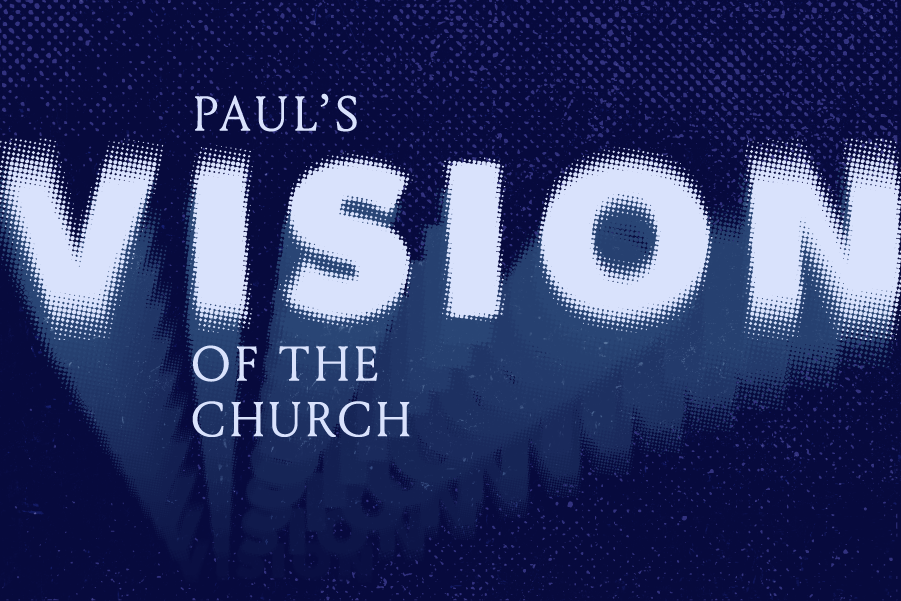.png)
Our live courses offer wise, relevant, and reliable teaching on the Bible, theology, spirituality, and leadership. Courses are designed for laity, seekers, and pastors and come in online and in-person formats.
Enroll in one of our courses today!








New Testament
The Candler Foundry has designed customized courses for over 150 partner congregations in and beyond Atlanta. Browse some of our previous courses below and contact us to set up a course that's right for your congregation.
Bring a course to my communityEngaging the church’s mission to live out the gospel through witness and service.
Through Candler Course Access (CCA), non-degree seeking students can audit seminary-level courses in New Testament, Old Testament, Ethics, Systematic Theology, Church History, and Practical Theology. While CCA students don’t earn credits towards a degree, they will receive 3 Continuing Education Units (CEUs) for every course they complete.
Spring 2026 CCA Options:

Instructor: Dr. Amey Victoria Adkin-Jones
M: 6:00 - 9:00 PM
Click Here to Register
Instructor: Dr. Richard "Bo" Adams
T/R 1:00 - 2:20 PM
Click Here to Register
Instructor: Dr. Craig Ford
M/W: 4:30 - 5:50 PM
Click Here to Register
How Does it Work?
CCA students are able to attend all lectures and class meetings, participate in discussions, and have access to course readings and resources. They will not be required to submit assignments or take tests and quizzes. At the start of the semester, they will receive a course syllabus that includes recommended reading materials and other learning resources. $399 / 3-credit course. No application required.
If you have any questions or concerns, please email our Assistant Director of Community Learning and Partnerships, Donnell Williamson at candlerfoundry@emory.edu. To learn more about other courses available through the CCA program, visit:
https://candler.emory.edu/academic-programs/registrar/
Science and Faith: A Dialogue - This course explores the relationship between what we learn about the world by our own efforts (science) and what God has revealed to us (faith), including where the conclusions of science and faith intersect and conflict.
How the Bible Came to Be: A Brief History - This course aims to tell the story of how the Bible can to be, from the earliest texts and traditions to modern translations and versions, reflecting on how our modern notion of what the Bible impact the way we approach Scripture today.
Christianity in Asian-American History - This course provides an overview of the presence and influence of Christianity in Asian American history.
The Doctrine of the Trinity - This course will review the history and development of the trinitarian doctrine, its content, significance for the Christian faith, and how it can be explained without any reference to three-leaf clovers.
The Stories We Tell: Medievalism and White Supremacy - This course explores how many white supremacists seek out stories from the “Middle Ages” as evidence to support ethnic nationalism, and how people of faith can respond.
Desert Fathers and Mothers: Ancient Spirituality for a Modern Church - This course explores the stories, world, and spirituality of a fascinating period in Christian history in which many felt the Church had become more enamored with the power of Rome than the humble way of Jesus.
Queens, Saints, and Visionaries: Exploring the Legacy of Medieval Women: This course introduces the wide range of women who contributed to Christian identity formation and the way in which they defied conventions, left their mark on history, and continue to inspire us today.
Through Candler Course Access (CCA), non-degree seeking students can audit seminary-level courses in New Testament, Old Testament, Ethics, Systematic Theology, Church History, and Practical Theology. While CCA students don’t earn credits towards a degree, they will receive 3 Continuing Education Units (CEUs) for every course they complete.
Fall 2025 CCA Options:

Instructor: Susan Hylen
W/F: 9:30 - 10:50 AM
Click Here to Register
Instructor: Joel Kemp
T/T 9:30 - 10:50 AM
Click Here to Register
Instructor: Dr. Robert Franklin
Tuesdays 2:30 - 4:30 PM
Click Here to Register
How Does it Work?
CCA students are able to attend all lectures and class meetings, participate in discussions, and have access to course readings and resources. They will not be required to submit assignments or take tests and quizzes. At the start of the semester, they will receive a course syllabus that includes recommended reading materials and other learning resources. $399 / 3-credit course. No application required.
If you have any questions or concerns, please email our Assistant Director of Community Learning and Partnerships, Donnell Williamson at candlerfoundry@emory.edu. To learn more about other courses available through the CCA program, visit:
https://candler.emory.edu/academic-programs/registrar/
